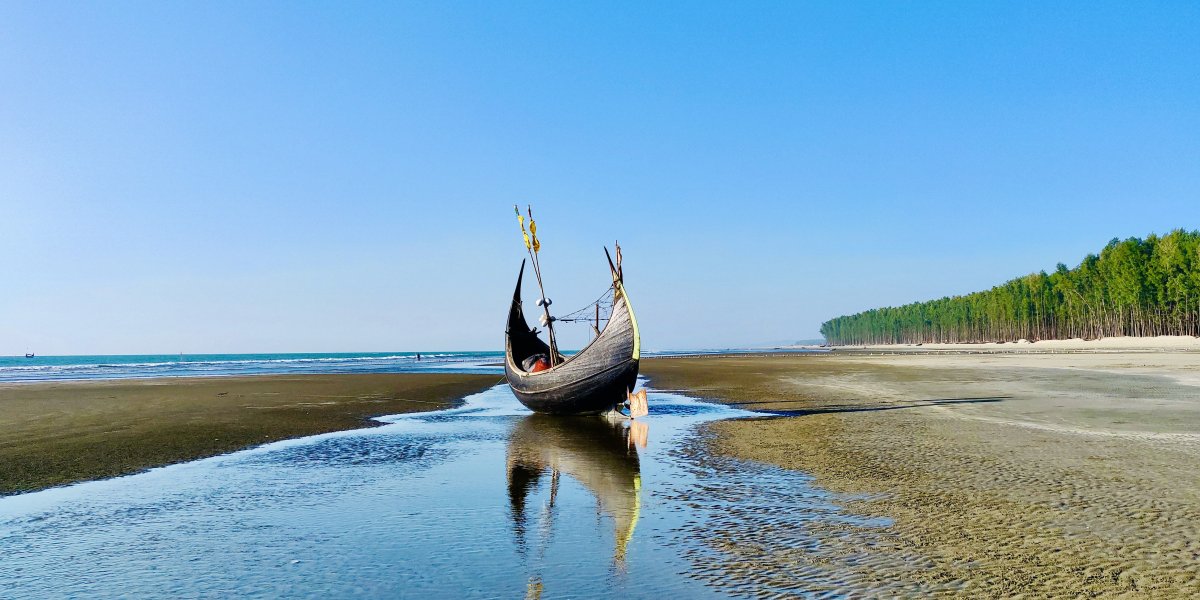Bangladesh’s 50-year Journey: The Cambridge Links
A narrative from Dr Wahiduddin Mahmud for 50 years of Bangladesh
The Cambridge links of Bangladesh dates back to the Liberation war of independence when some senior Oxbridge faculty members led by Professor Austin Robinson formed “Friends of Bangladesh” who helped publicise the cause of Bangladesh among the British academic community. They also helped to bring in students from Bangladesh for post-graduate studies by manging to offer Commonwealth Scholarship in a roundabout way even before Bangladesh became a Commonwealth member country. That is how I myself was admitted to PhD program at Cambridge in 1972.
My choice of Cambridge was partly influenced by the left-leaning orientation of Cambridge economics. It is no coincidence that two Cambridge alumni, Rehman Sobhan and Azizur Rahman Khan fitted well ideologically in the first Planning Commission of Bangladesh that drafted a Five-Year Plan incorporating socialism as a state policy. Although that ideal was lost by the subsequent policy changes, the left-orientation in economic policies still persists in the government’s stated emphasis on poverty alleviation and equitable economic growth.
My own life-long involvement in Bangladesh’s policymaking, besides teaching at the University of Dhaka, has been mainly in leading the government committees and commissions involving the banking reforms, the formulation of the five-year and longer-term economic plans, monitoring and implementation of the Millennium Development Goals, periodic revisions of the country’s national income accounts, and, along with Nobel laureate Muhmmad Yunus, setting up and chairing the country’s apex microfinance wholesale funding institution called PKSF.
Among those Cambridge alumni who mostly stayed in the country, Mahbub Hossain played important nation building roles as the head of Bangladesh Institute of Development Studies (BIDS) and later as Executive Director of BRAC, the world’s largest development NGO. Professor Rehman Sobhan, in his role as an academic and public intellectual, continued to with his life-long mission of creating a more welfare-oriented state. Professor J.N. Islam, a DPhil and former Fellow at Cambridge, choose to take up appointment at the University of Chittagong to set up an internationally reputed research centre for physical sciences which used to be frequently visited by Nobel laureates from a number of disciplines. There have been also quite many Cambridge-trained government bureaucrats and people in other professions like law who have played a substantial role in the making of present-day Bangladesh.
The narratives on Bangladesh’s development story have remarkably changed over time. When a conference of the International Economic Association (IEA) was held in Dhaka at the initiative of its president Austin Robinson, the mood about Bangladesh’s economic prospects were sombre. By the time a second IEA conference was held in 1998, this time at my initiative as the President of the Bangladesh Economic Association, there was optimism all around, though there were concerns about the governance dysfunction and the effectiveness of market-state relationships. Bangladesh has since then made even further progress and is now designated as a “development surprise”, having been among the fastest growing economies among developing countries during the past few decades.
Wahiduddin Mahmud (Former professor of economics at the University of Dhaka and a former member of the Caretaker Government of Bangladesh in 1996 in charge of the ministries of finance and planning.)
Wishing you all the best for the year 2022 and stay safe!
Sincerely yours,
Oxbridge Alumni Bd Team
Dr Samiul Haque, President
